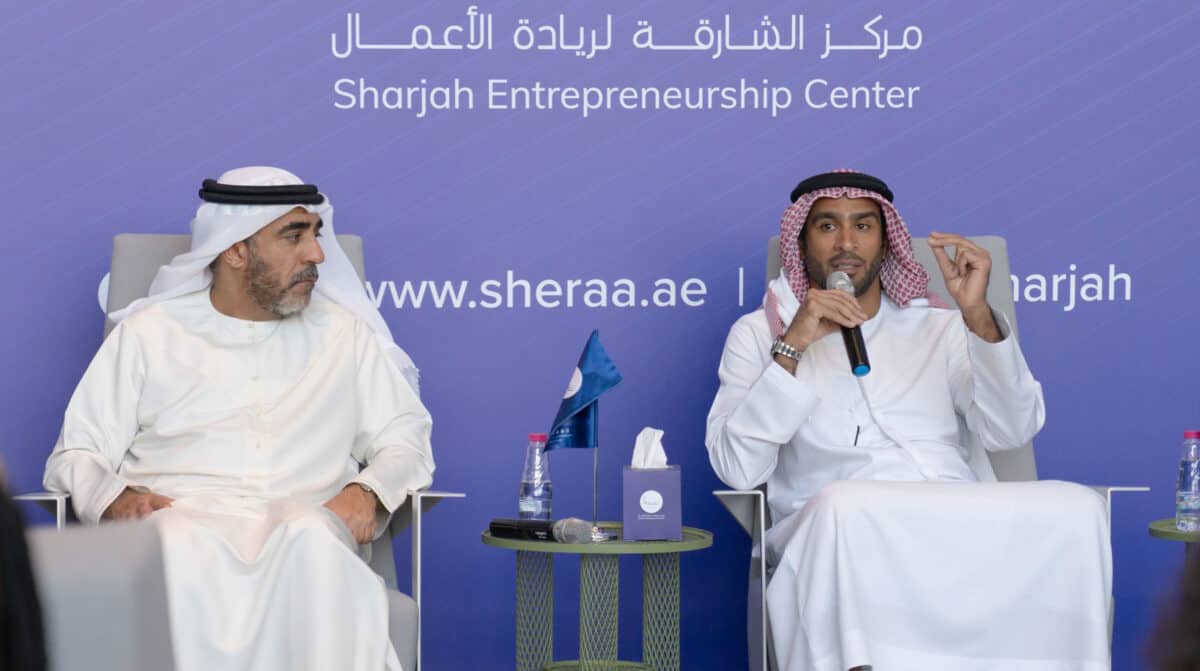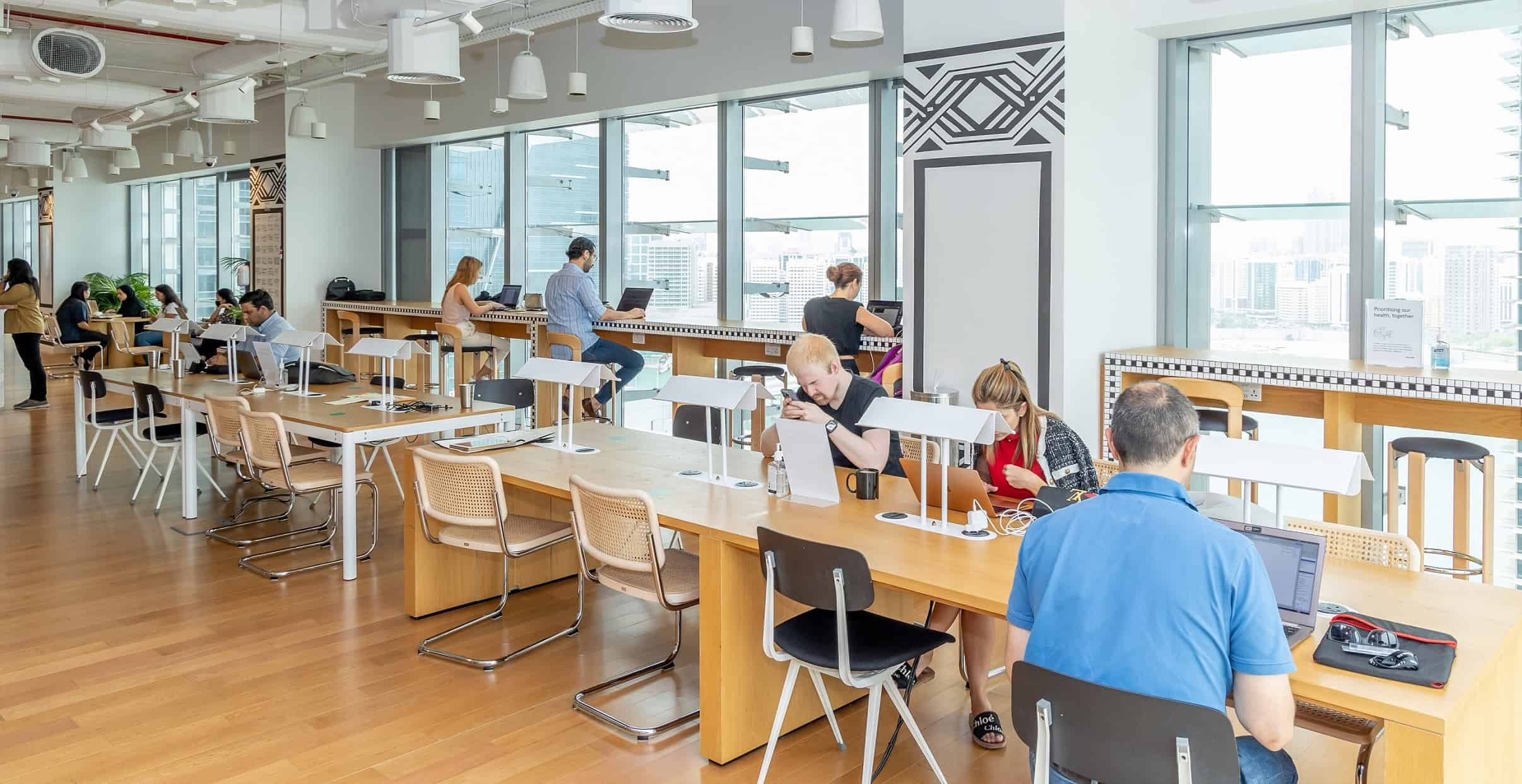DUBAI, UAE — Even though 2022 was a strong year for the region’s startup ecosystem, challenges such as a global economic downturn, supply chain disruptions, and geopolitical tensions between Russia and Ukraine significantly impacted the region’s startups.
Egypt has been the most affected market in the region. The country quickly devalued its currency, resulting in rising inflation and a slowdown in economic activity. This has impacted the startup ecosystem, with investors withdrawing, reports of mass layoffs, and the failure of several startups.
On the other hand, startups in the GCC region, particularly in the UAE, continue to grow. This is because the UAE government has now made it easier for self-employed people to obtain licenses at much lower costs without needing office space or costly leases. They can now own 100% of their company as well.
“The market for small startups and self-employed entrepreneurs is going to boom,” Dariush Soudi, CEO of Be Unique Group told TRENDS, adding that there has never been a better time in the country to start a business. “There has never been a lower startup cost. Also, with the power of the internet, there has never been a better time to acquire clients at such a low acquisition cost. Furthermore, more incubators and shared office businesses will open soon to facilitate greater networking and collaboration.
Startups are always looking for new and innovative trends to help them stay ahead of the curve. In 2023, a few trends will be worth watching closely.
According to Soudi, the UAE government attracts many prominent figures and businesses, particularly in cryptocurrency and blockchain.
“There will be a huge increase in blockchain platforms,” he said, adding that this increase will come with a greater need for cyber security, programming, and data analysis.
UAE vs Saudi Arabia
The 50 most-funded startups in MENA raised approximately $3.2 billion in 2022, a 6.7 percent increase from 2021. The UAE led the pack, with 18 startups accounting for 30.1 percent of total funding. Saudi Arabia came in second, with 29.6 percent spread across 12 firms.
Saudi entrepreneurs have demonstrated leadership and bravery in boosting economic growth through innovation and entrepreneurship. In addition, the Saudi government has assisted private institutions focusing on startups to increase investment and engagement in the ecosystem.
However, when asked which country has the best startup ecosystem, Soudi chose the UAE over Saudi Arabia.

According to him, the UAE, despite its small size and incredible visionary leadership, has used its sovereign wealth fund to make investments all over the world, from nuclear energy to space missions. Moreover, it has welcomed all nations, from Iran to Russia to Israel. Thus, the collaboration between these countries and the UAE will only benefit the nation’s growth.
Saudi Arabia, on the other hand, has more money. Still, they will need help with projects outside of government projects, and it will take them a long time to overcome the perception that the country is more challenging to do business with than the UAE.
Awareness
In the world of startups, financing is everything. So staying ahead of capital funding trends can make or break your business.
However, the new startup must recognize that success requires hard work, creativity, youthful passion, and enthusiasm.
Thus, entrepreneurs should be aware that the rules of running a successful business have stayed the same and will not change in the future.
What matters, according to Soudi, is adding value to the business. “Charge appropriately to make a profit and manage your finances well. Entrepreneurs must also constantly learn and grow. Their competitors may be someone other than the company next door, but those in Australia, Canada, or South Africa. As a result, there will be fewer borders and opportunities and more competition. Because of social media, the entrepreneur should cultivate a tribe of devoted followers and be consistent with creative education that attracts many loyal followers.
“As humans, we are still tribal beings and connect most when we connect face to face, so successful entrepreneurs must maintain that human touch with their clients rather than relying on automated and machine-driven touch points,” he added.








